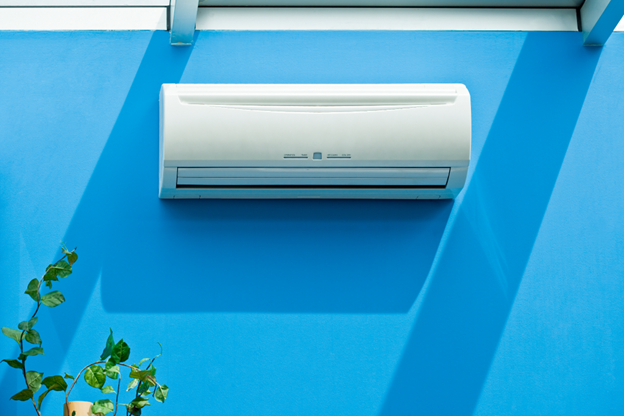Introduction
Colorado, with its diverse landscapes and varying elevations, experiences a wide range of weather conditions throughout the year. From the arid plains to the towering Rocky Mountains, residents encounter everything from scorching summers to frigid winters. In the face of such climatic extremes, the importance of a well-functioning HVAC (Heating, Ventilation, and Air Conditioning) system cannot be overstated. HVAC contractors in Colorado play a pivotal role in ensuring that homes and businesses are equipped to handle the challenges posed by the state’s dynamic climate.
Understanding Colorado’s Climate
The Centennial State is known for its climatic diversity, with hot summers and cold winters being the norm. In cities like Denver, where temperatures can soar above 90°F in the summer and plummet below freezing in the winter, the need for reliable HVAC systems is evident. These contractors are well-versed in addressing the specific heating and cooling requirements that arise from the state’s unique climate patterns.
Heating Solutions for Harsh Winters
Colorado’s winters can be harsh, especially in the mountainous regions. HVAC contractors play a crucial role in ensuring that homes and businesses have efficient heating systems to combat the biting cold. From traditional furnaces to modern heat pumps, contractors assess the specific needs of each property to recommend and install systems that provide optimal warmth without compromising energy efficiency.
Ventilation and Air Quality
Proper ventilation is essential for maintaining indoor air quality, a concern that becomes increasingly important in well-insulated homes. These professionals are skilled in designing ventilation systems that ensure a constant flow of fresh air while efficiently removing indoor pollutants. This is particularly crucial in urban areas where outdoor air quality may be a concern.
Adapting to High Altitudes
Colorado’s elevation can pose unique challenges for HVAC systems. As homes and businesses are often situated at higher altitudes, HVAC contractors need to consider the impact of lower air pressure on system efficiency. Specialized knowledge is required to adjust systems to operate optimally in these conditions, ensuring that residents at higher elevations enjoy the same level of comfort as those at lower altitudes.
Cooling Solutions for Hot Summers
While winters are demanding, Colorado’s summers can also be scorching, especially on the eastern plains. HVAC contractors are adept at recommending and installing air conditioning systems that can handle the demand for cooling during the hottest months. Energy-efficient options are often prioritized to strike a balance between comfort and sustainability.
Maintenance and Energy Efficiency
Beyond installation, they emphasize the importance of regular maintenance to ensure the longevity and efficiency of systems. Routine inspections, filter replacements, and cleaning are integral components of HVAC care. Additionally, contractors often provide valuable advice on energy-efficient practices, helping residents reduce their carbon footprint while keeping utility bills in check.
Environmental Considerations
As environmental awareness grows, these professionals are increasingly incorporating sustainable practices into their services. This may include recommending energy-efficient appliances, promoting smart thermostats, and exploring renewable energy sources. By aligning with environmentally friendly solutions, contractors contribute to the broader effort of reducing the ecological impact of HVAC systems.
Conclusion
In the challenging climate of Colorado, HVAC contractors play a vital role in ensuring that residents and businesses stay comfortable year-round. From navigating the extremes of winter to coping with the heat of summer, HVAC contractors in Colorado bring a wealth of knowledge and expertise to the table. As the state continues to evolve, it will remain instrumental in adapting and providing solutions that meet the unique needs of Colorado’s diverse climate.


Comments are closed.